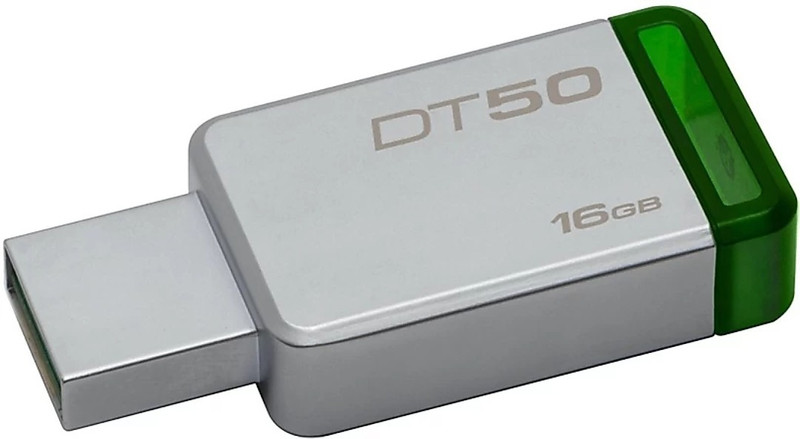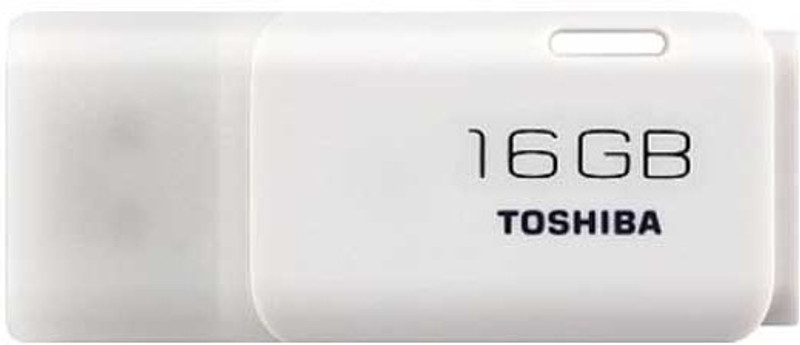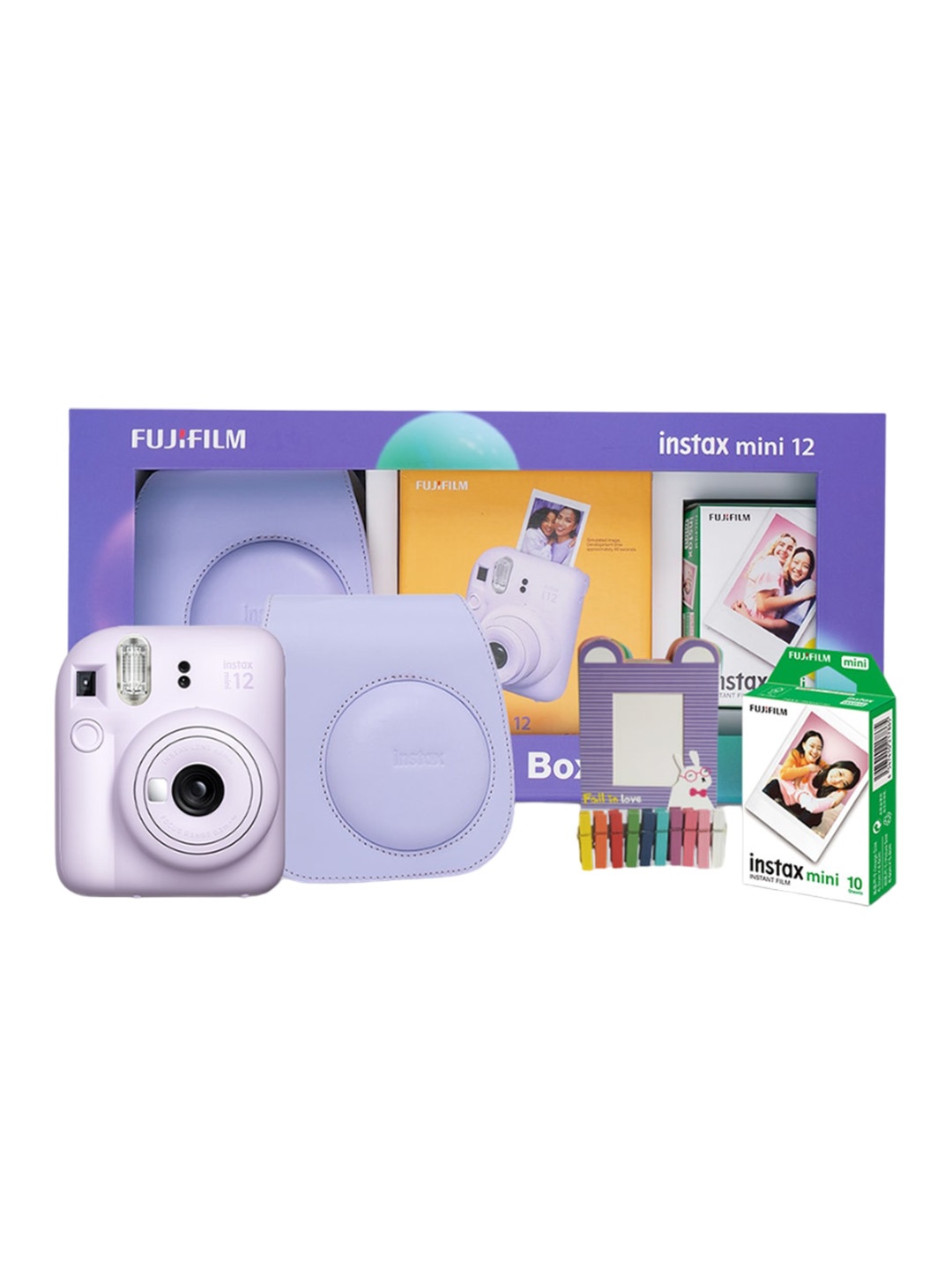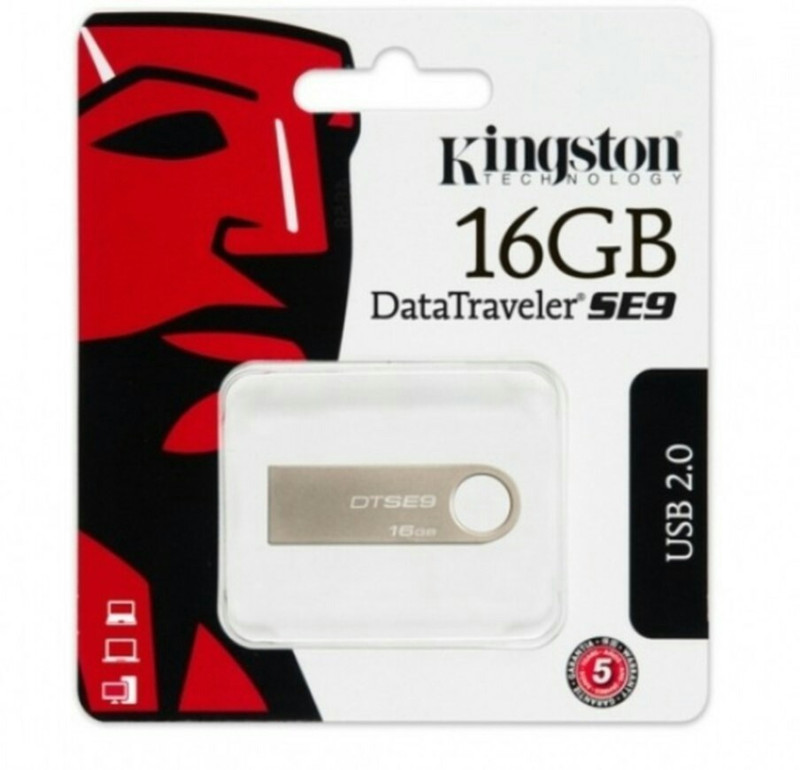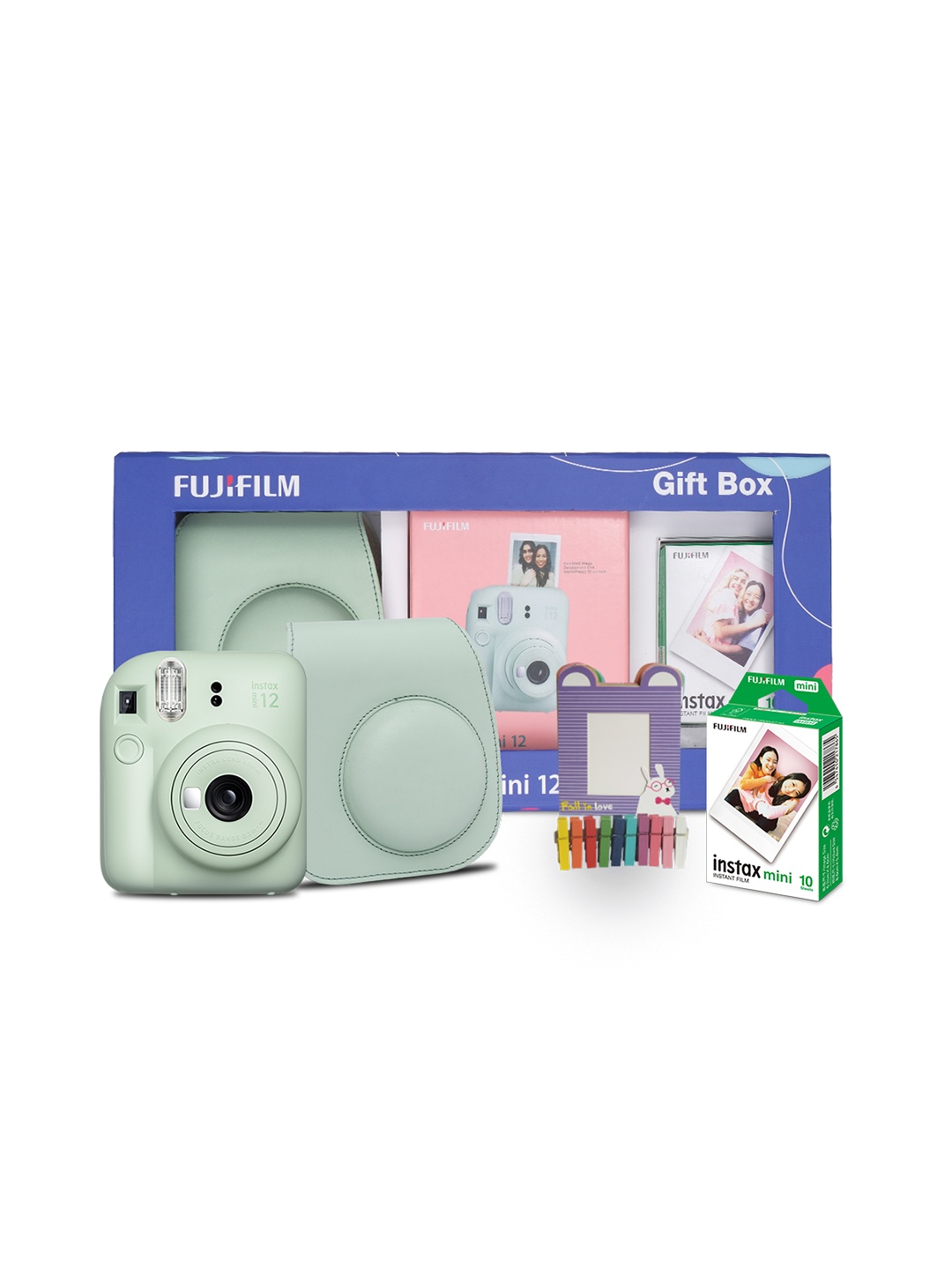Are You Overlooking This Common Blind Spot In Your Home Security Setup?

We all want to feel safe in our homes. It's where we kick off our shoes after a long day, where we celebrate birthdays and quiet evenings. And so, ensuring it's secure is a top priority for many. Whether it's installing a state-of-the-art security system or getting the latest smart lock, we're constantly thinking about how to keep intruders at bay. But there's one crucial part of home security that often goes unnoticed, something we assume is covered, yet, in reality, can be the easiest access point for thieves.
So, what is this overlooked weak spot? It's not the obvious, easily secured windows or doors. In fact, it's often something much subtler, something you might be blind to in your security setup.
Let's walk through eight key aspects of your home security that might be slipping under your radar. And trust me, after reading, you might just want to take a second look at how you've been safeguarding your home. Let's dive in and discover the hidden vulnerabilities that could be putting your home at risk.
1. The Perimeter: The First Line Of Defence
When it comes to home security, most people focus heavily on what's inside the house: alarm systems, motion sensors, and smart cameras. However, the real protection begins outside the home. Have you ever stopped to think about the perimeter of your property? A well-secured boundary can make all the difference.
It's easy to overlook gates, fences, and even hedges, thinking they're merely decorative. But a well-constructed, tall fence can be a huge deterrent for burglars. Low fences or shrubs that provide easy concealment may be inviting the very threats you're trying to keep away.
Investing in a sturdy perimeter, one that's both visually blocking and difficult to scale, is essential. Even something as simple as motion-sensor lighting along the perimeter can alert you, and passersby, if someone's loitering around your boundaries. Remember, thieves often scout homes before striking. A visible, well-lit property is less likely to be targeted than a dark, secluded one.
2. The Garage: An Often-Underestimated Target
A garage might seem like the last place a burglar would go. After all, it's not where you sleep or store your valuables. However, the garage is a hidden gem for intruders. Not only does it often house expensive equipment like bikes, tools, and even vehicles, but it can also provide access to your home. Many homes have connecting doors between the garage and the interior. If an intruder manages to break into your garage, they might have an easy in to the rest of your house.
One of the biggest issues is that garage doors are often left unlocked or use outdated systems, making them incredibly easy to breach. To up your security game, consider investing in a smart garage door opener that sends alerts when the door is opened or closed. You should also ensure that any door connecting your garage to your home is solid and secure, with a good-quality lock. Don't forget to double-check the windows, too. The simpler and less obvious it is to break into, the less likely it is that your garage will become the next target.
3. Your Wi-Fi Network: The Digital Doorway
In today's interconnected world, your home's Wi-Fi is not just a tool for browsing or streaming; it's the gateway to your smart devices. And with that comes an increased risk. Hackers can easily breach an unsecured Wi-Fi network, gaining access to everything from your home security cameras to your smart thermostat.
Many people don't think twice about the security of their Wi-Fi. They might choose a simple password or, worse still, leave the default settings on their router. This is a huge mistake. Make sure your network is encrypted using WPA3, the latest security protocol. Change the default password and use a complex one, avoiding easily guessable phrases.
You should also consider creating a separate guest network for visitors, keeping your main network exclusively for your devices. And don't forget to update your router's firmware regularly, this ensures it has the latest security patches. With so many devices connected to the internet, taking these small steps can dramatically reduce your vulnerability.
4. The Door Locks: Outdated or Weak?
We all know the importance of sturdy locks on doors, but you'd be surprised at how many people are still relying on outdated or flimsy lock systems. Think about your front door, for example. Does it have a deadbolt? Is the lock hard to pick, or could it be opened with a simple bump key?
Many older homes still feature traditional locks that might be easily bypassed. Replacing them with modern, high-security locks, such as those that require a keycard or biometrics, can make a significant difference. Even the most basic lock can be strengthened with reinforced strike plates or smart locks that offer real-time alerts and remote control.
Be sure to check your locks regularly, especially after a change in weather or if you've had any DIY projects done around the house. A little maintenance goes a long way in preventing break-ins.
5. Windows: Not Just About Locks And Bars
When we think of window security, the first things that come to mind are often heavy locks or steel bars. But there's so much more to window security than just the obvious. Have you ever considered how easily a burglar could simply break the glass and climb through?
That's why modern window security goes beyond locks. Reinforced glass, like laminated or tempered glass, can make a huge difference. These types of glass are designed to be much more resistant to breaking and are a great deterrent. Additionally, you can install window sensors that alert you if the window is tampered with, and motion detectors can pick up any movement nearby.
It's also a good idea to consider the location of your windows. A window near a side entrance or out of direct sight could be the perfect spot for an intruder to access. Keeping shrubs trimmed and ensuring windows are properly maintained and locked when not in use can go a long way in securing your home.
6. The Neighbourhood Watch: The Power Of Community
It's easy to think of home security as a solitary affair, after all, it's your home, right? But one of the most powerful tools in securing your property is the community around you. A neighbourhood watch can be a game-changer when it comes to deterring crime.
When neighbours keep an eye out for one another, there's an invisible network of security. Thieves are much less likely to target a neighbourhood where they're being watched, and this communal vigilance can make your home less of a target.
Engage with your neighbours and establish an informal network of trust. It doesn't have to be a formal watch programme; just having a group of people who are willing to keep an eye on each other's homes can create a strong deterrent against criminals. When you go away, ask your neighbours to keep an eye out, collect your mail, and park a car in your driveway, small actions that can make a huge difference.
7. Smart Devices: Convenience Or Vulnerability?
Smart homes are more common than ever before, offering convenience and control at the touch of a button. But what happens when the very technology designed to make life easier also opens the door for cybercriminals?
Your smart thermostat, doorbell camera, or even your voice assistant can be vulnerable to hacking. The best way to protect yourself is by keeping your smart devices secure. Ensure that you change default passwords and enable two-factor authentication wherever possible. Update the firmware on your devices regularly, and avoid using public Wi-Fi when controlling your smart home devices.
While these devices offer incredible convenience, it's essential to strike a balance between ease of use and security. The more interconnected your home is, the more risks you take. A little extra effort in securing your digital life can go a long way in protecting your physical one.
8. The Importance Of A Security Audit
Home security isn't a one-time setup; it's an ongoing process. Conducting regular security audits ensures that your home remains safe and up-to-date. As technology evolves, so do the methods burglars use to break in. A security audit can highlight areas of vulnerability that you might have missed, from old locks to outdated security systems.
Consider hiring a professional to perform a thorough audit of your home's security setup. While you may feel confident in your current arrangements, a fresh pair of eyes can often spot weaknesses you've missed. Plus, many modern security experts have access to the latest security tech and can offer recommendations that can give you peace of mind.
Products Related To This Article
1. Qubo Smart 360 2K 3MP 1296p WiFi CCTV Security Camera from Hero Group
2. Tapo TP-Link 2K 3MP Pan/Tilt Indoor Security Camera for Baby Monitor
3. Panoramic 2MP Smart CCTV Wi-Fi Home Security 1080p Camera With Pan Tilt 360° View
4. Trueview 2MP Smart CCTV Wi-fi Home Security Camera with Pan Tilt 360
5. Imou 360° 1080P Full HD CCTV Security Camera
6. Tapo TP-Link C200 360° 2MP 1080p Full HD Pan/Tilt Home Security Wi-Fi Smart Camera
7. Qubo Smart 360 2K 3MP 1296p WiFi CCTV Security Camera from Hero Group
8. Xiaomi Mi 360° Home Security Camera 2K (1296p)| 2024 New Launch
Home security is not just about locks, alarms and cameras. It's about creating an environment where you feel protected, and criminals are deterred at every turn. The smallest overlooked details, whether it's an unlit corner of your garden or a weak garage door, can be the opening a burglar needs. By understanding and addressing these blind spots, you can create a robust security system that gives you peace of mind.
So, take a step back, look around your home with fresh eyes, and ask yourself: is your security setup as tight as it could be? You'll likely find some areas could use a little extra attention. And when you do, don't be afraid to make the changes, your home deserves it.
Disclaimer: The images used in this article are for illustration purpose only. They may not be an exact representation of the products, categories and brands listed in this article












